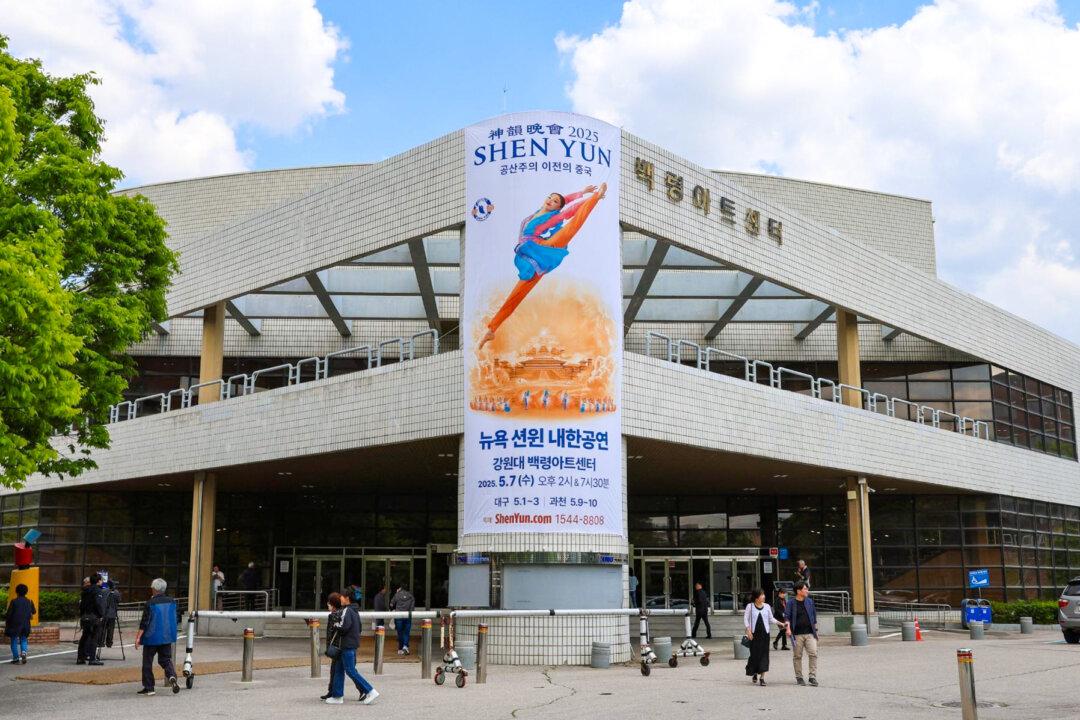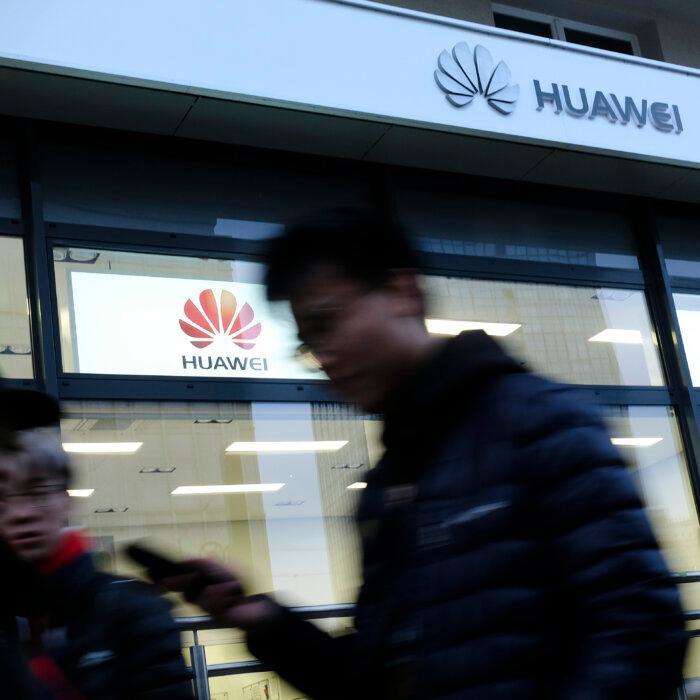A South Korean court has ruled to allow Shen Yun Performing Arts to continue its planned performances despite Beijing’s disruption efforts, handing a win to a group that has, for years, been a target of the Chinese regime’s global repression efforts.
The hosting venue, Kangwon National University, greenlit the New York-based classical Chinese dance company’s application to perform at its Baeckryung Art Center on April 1, only to walk back the agreement after the Chinese Embassy voiced a complaint.
The university stated that its decision to cancel the show had to do with the public interests of the school. As the university is a national institution under the country’s Ministry of Education, it is in a position to “directly and indirectly represent the official position of the Republic of Korea,” which makes the matter a “diplomatic issue,” a university letter obtained by The Epoch Times reads.
The center further stated that it made the decision out of public interest concerns, citing the roughly 500 Chinese nationals studying at the center who it claimed could stage protests, potentially leading to clashes, should the performance go on as scheduled.
The Chuncheon District Court on April 30 sided with the show presenter, describing the university’s contract cancellation as an “abuse of discretionary power.”
With no solid evidence backing its claims, the school’s stated concerns about potential clashes are vague and difficult to justify, the court said in the judgment, calling the decision “illegal.”
It further noted that the cancellation happened just 20 days ahead of the scheduled performances on May 6 and May 7, with nearly two-thirds of the tickets sold. Calling off the performance at that point would have made it hard for the show organizers to recover their financial and reputational damage, the judge said.

Shen Yun tours all over the world—but it cannot perform in China.
Founded in 2006 in part by artists who had fled Chinese Communist Party (CCP) repression, Shen Yun has grown over the past two decades into eight companies of equal size that tour globally with a live orchestra each year. The group showcases classical Chinese dance under the tagline “China before communism,” with some pieces also featuring stories of the CCP’s brutality toward Falun Gong, a spiritual discipline that has suffered an extensive persecution campaign in China over the past 26 years.
Chinese diplomats and people believed to be linked with them have used political and economic coercion to undermine Shen Yun’s global performances. The nonprofit Falun Dafa Information Center has documented more than 130 such instances over the years.
The theater was packed over the two days of performances, with 99 percent of the seats filled in the first show, according to the organizers.
Ahead of the second day of Shen Yun’s run at the Baeckryung Art Center, Shen Yun emcee Leeshai Lemish, who has tracked these incidents for years, said he was heartened to see “a South Korean court upholding the country’s law and pushing back against CCP pressure.”
But the court ruling shows that “the CCP can only succeed if it can co-opt local governments, courts, and theaters” to follow its command, he noted.
“When individuals stand firm and do what they believe is right, as we see now in South Korea, the CCP is powerless to do anything,” Lemish said.
He said he sees it as a “wonderful sign that Korean people have had enough of Beijing telling them what art they can and cannot watch.”

The Baeckryung Art Center, after canceling the show, apologized and said it was not acting on its own volition.
“We tried our best, but the school and the Ministry of Education insisted on cancellation, so we had no choice but to cancel,” a staffer told Shen Yun presenters, according to an email reviewed by The Epoch Times.
Lemish noted that repeatedly, South Korean government-affiliated entities and theaters have acknowledged Beijing’s intervention but cited public interests to make the case for giving in to the CCP.
“I think what we’re seeing now is more and more people in South Korea and around the world realizing that the CCP’s interests do not align with theirs at all, and that they need to protect their own rights and freedoms in the face of CCP pressure,” he said. “I think as a bonus, they also find that they feel good doing that.”







